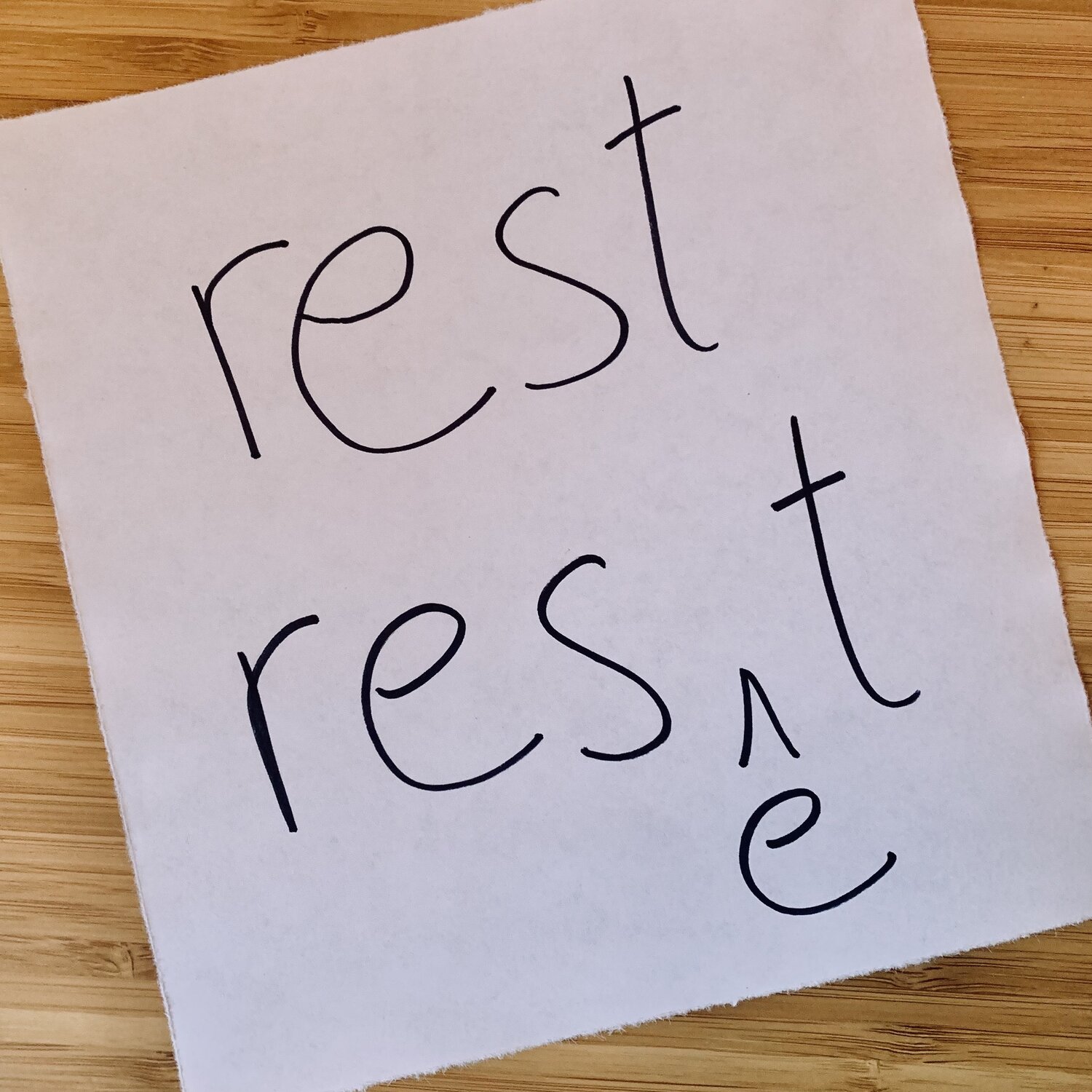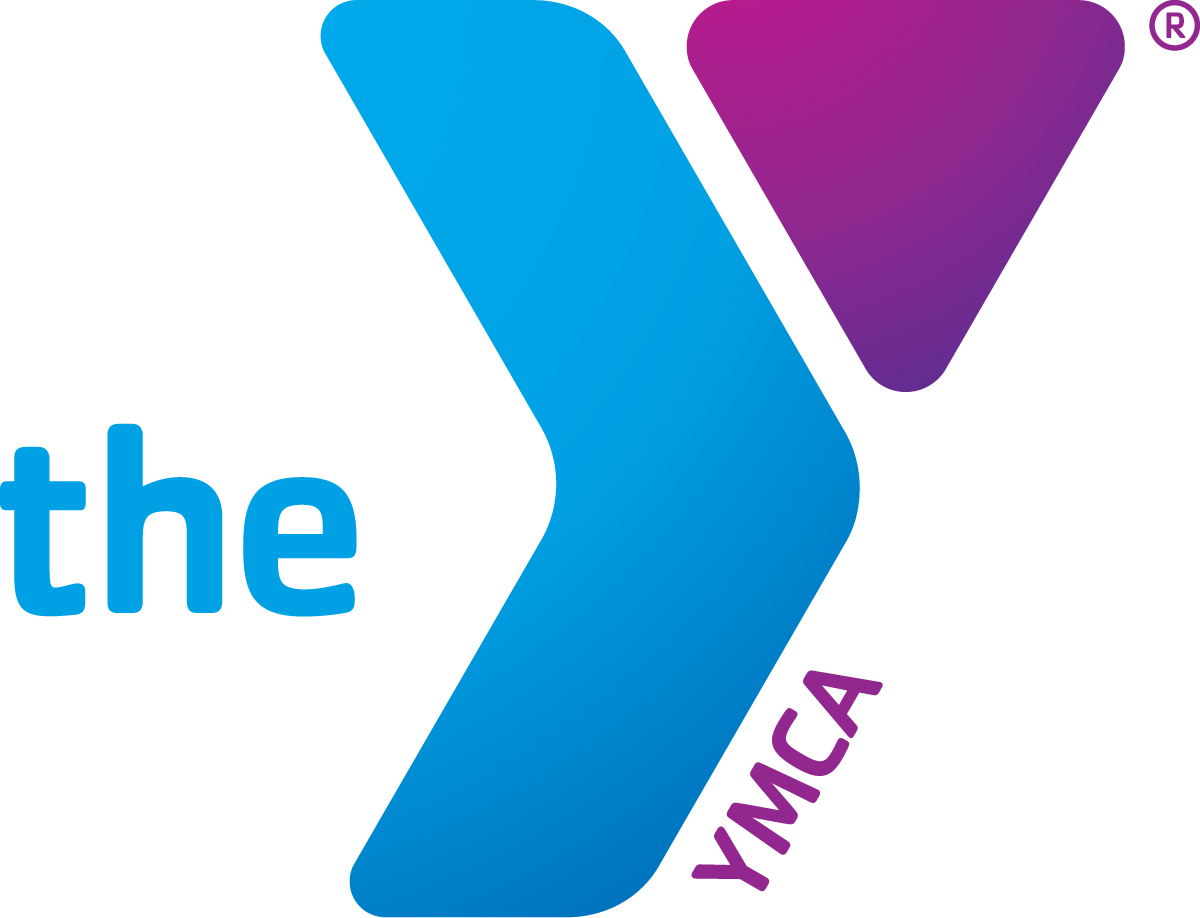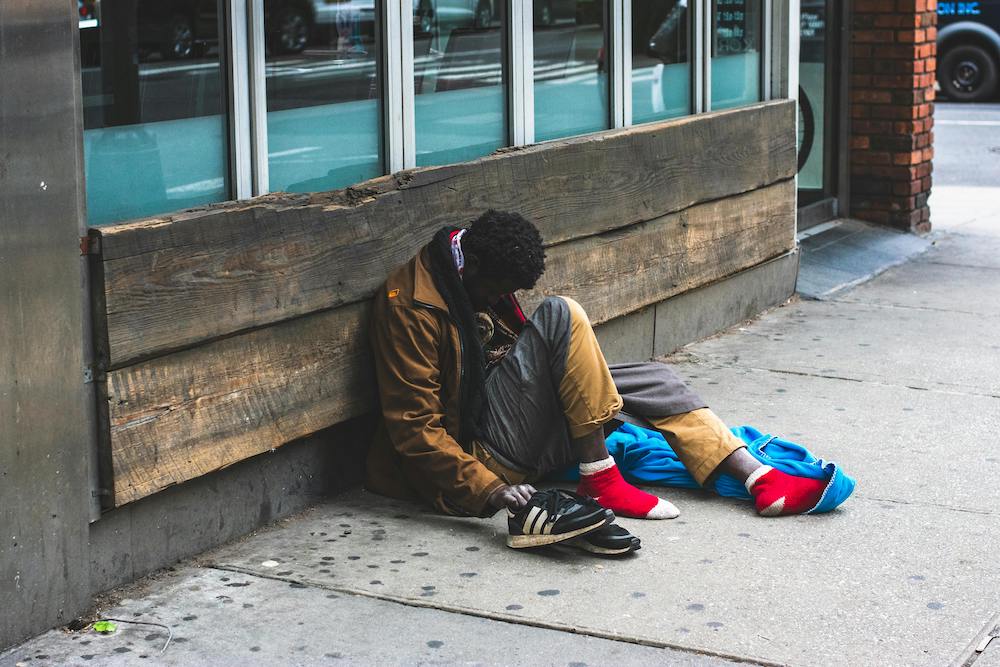02 Jun Exploring Federal Competitions: Fostering Innovation and Excellence By: Kellie Brungard, GPC
Posted at 18:00h
in Competency One, Funding, Funding Opportunities, Industry News, Kellie Brunguard, Research
Federal prize competitions are a means for federal agencies to crowdsource ideas and engage public innovators to develop innovative ideas and solutions to societal problems (referred to as competitions, prize competitions, challenge, or competition). According to Challenge.gov, the primary platform for managing competitions, “Longitude and ship navigation, Lindbergh’s transatlantic flight, even initial designs for the U.S. Capitol and White House—all resulted from open prize competitions. Even those self-driving vehicles got their start in federal prize competitions too!” Other notable concepts derived from challenges include the “lunar loo” (space toilet), digital wallet interface, protections for fish from water infrastructure, opioid detection in the mail, and “getting out the count” for the most recent census. These competitions, organized by Federal agencies, encourage participation from individuals, businesses, and organizations, driving them to create groundbreaking solutions to complex problems. This blog post delves into the world of federal competitions, exploring their significance, impact, and considerations for interested organizations.







